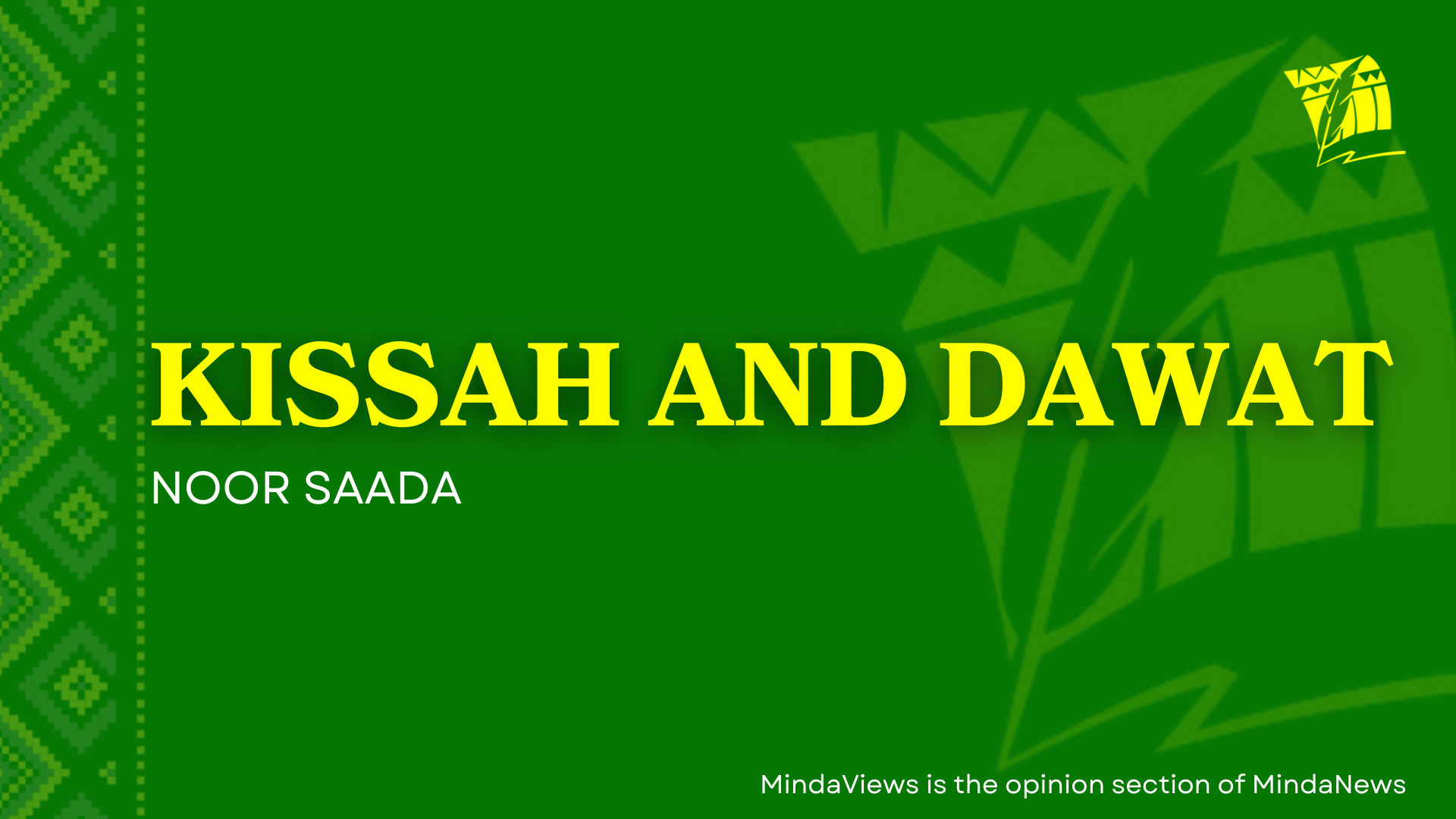
BONGAO, Tawi-Tawi (MindaNews / 24 June – It has been four months since my wife passed away from a medical ailment. I moved from Zamboanga, my work base, to Bongao to be with my kids. My immediate concern was their well-being. However, it turns out that I am the one who has had to adjust the most to my new situation as “inatay” (inay-tatay or mother-father) to them. While I had been indirectly involved in their upbringing, thanks to my late wife’s updates, it is a different situation when I now must address their needs directly on a 24/7 basis. From daily meals to their uniforms, assignments to follow-through and review for their quizzes and exams, performance tasks to their portfolios, weekday routines to weekend breaks, I handle everything from the moment they wake up in the morning until they go to sleep in the evening.
Now, I have a newfound appreciation for a mother’s role at home. It is quite different when you have a spouse taking on a lead role at home compared to being responsible for all these tasks yourself, including cleaning, laundry, and cooking, all while having to provide for the family financially. I am grateful to my late wife’s family, especially my mother-in-law and sister-in-law. While they grieve for the loss of my wife, they have been generous with their time and effort to help my kids and me through the grieving process and adjusting to our new life.
I have an even greater appreciation for single parents who can balance household, children, and work obligations with grace and ease. After a life of selflessness, as children move on and create their own lives and single parents retire from work, they have only themselves. Is this the price of single parenthood? Back to themselves? What motivates single parents to do what they are doing, knowing they only have themselves at the end of it all? How do they maintain their strength and resilience? How do they find moments of personal joy and fulfillment amidst their responsibilities?
These and more, I am beginning to learn. As for my part, aside from my extended family and small circle of friends, I am grateful to have discovered spirituality early in life. It has helped me accept my circumstances as a test, believing that the Almighty will not test us beyond our capacity. Physical separation in dunya (this world) is transient, and what awaits in akhirah (the hereafter) is better and eternal.
To cry over the loss of a loved one is human nature, but it is even better if we can surrender our situation to the Almighty and trust in His Divine Providence, believing that with hardship comes twice the ease. Turning our longing into charity, supplication, and piety is even better. When the longing kicks in, we respond with charity in the name of our departed loved ones. When the longing becomes unbearable, we uplift ourselves with supplications for their peaceful repose while waiting in the qubur (grave). When the longing becomes frequent, we can rise in daily and optional prayers. When the longing becomes intense, we can rebut with dhikr (remembrance), continually grateful to the Almighty while seeking His guidance and beseeching Him for strength and persistence. As taught in our Islamic theology, these acts of ibadah (worship) and amal saleh (righteous deeds) mutually benefit both the griever (the one who is mourning) and the grieved (the one who has passed away).
Meanwhile, I will end this piece now to go for my daily walk. Aside from maintaining spiritual health, physical health is the other side of life’s coin. If I want to serve and live long for my kids, keeping myself healthy is key. In addition to the daily walk, eating right, taking maintenance medications, and sleeping early are essential elements of a healthy lifestyle.
Obviously, becoming ina-tay is a journey of learning and growth. It is beginning to show me the depth of a parent’s love, the strength required to fulfill dual roles, and the importance of balancing spiritual, emotional, and physical well-being. Through this journey, I hope to honor my late wife’s memory and provide my children with the love and support they need to thrive. Importantly as a Muslim to carry on the amanah (sacred trust, stewardship) of those under my care.
Amanah is a responsibility that we, single parents, must accept wholeheartedly. Our role as ina-tay is not just a duty but a sacred trust that we must fulfill with dedication and sincerity. We know now it is about being there for our children in every possible way, ensuring their well-being, and guiding them through life’s challenges. This amanah motivates us to keep going, knowing that our efforts are not only for the present but also for their future and the eventual reunion with our spouse in the Akhirah (hereafter).
MindaViews is the opinion section of MindaNews. Noor Saada is a Tausug of mixed ancestry—born in Jolo, Sulu, grew up in Tawi-Tawi, studied in Zamboanga and worked in Davao, Makati and Cotabato. He is a development worker and peace advocate, former Assistant Regional Secretary of the Department of Education in the Autonomous Region in Muslim Mindanao, currently working as an independent consultant and is a member of an insider-mediation group that aims to promote intra-Moro dialogue.)
